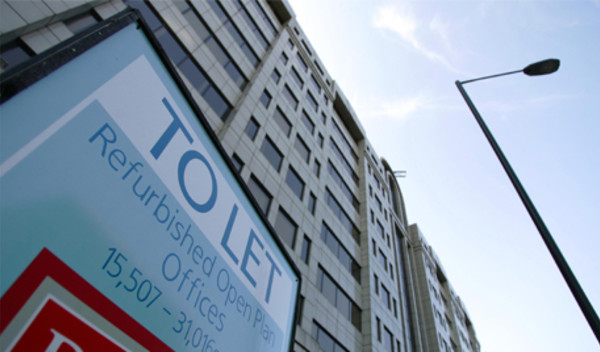- existing borrowing reduces the net value of the scheme, and
- it also has to be taken into account when working out the maximum level of new borrowing
Potential issues
We have talked about a number of the opportunities associated with Ssas and Sipp commercial property investment.
In the interests of balance we should also cover some of the key potential issues.
Let us look at tax concerns first. Residential property is not the only area where tax risks exist.
Tax is also incurred if the pension scheme invests in what HMRC describes as ‘tangible moveable property’ and also if transactions involving a property (purchase/sale price and ongoing rent payments) which take place between connected parties are not carried out on an arm’s length basis.
TMP becomes a potential issue where the scheme member(s) do not understand that the pension is only allowed to buy the property itself, not the fittings contained within it. Purchases involving premises like restaurants are notorious here.
The parties looking to purchase the restaurant are typically those involved in its running and often come into the transaction expecting to be able to use their pensions not only to purchase the building, but also to fit out the kitchen, bar and front of house.
The vast majority of these items will be TMP meaning the pension can not buy them or, if it does, it gets hit with large tax charges.
Connected party transactions are not typically problematic at the point of purchase or sale because it is generally accepted that in order to avoid tax charges the transaction must take place at the exact price supported by a valuation by a qualified surveyor.
Rent from connected parties can be more problematic because individuals may, somewhat understandably, struggle with the idea that "paying rent to themselves (through their pension)" has to be prioritised in the same way it would with a third party landlord.
If rent is not paid in accordance with the lease and any outstanding rent chased in the same way it would be by a third party landlord – which potentially creates the novel concept of a trustee having to chase the business which they themselves control for outstanding rent – then significant tax charges can apply.
Gareth James is head of technical at AJ Bell











